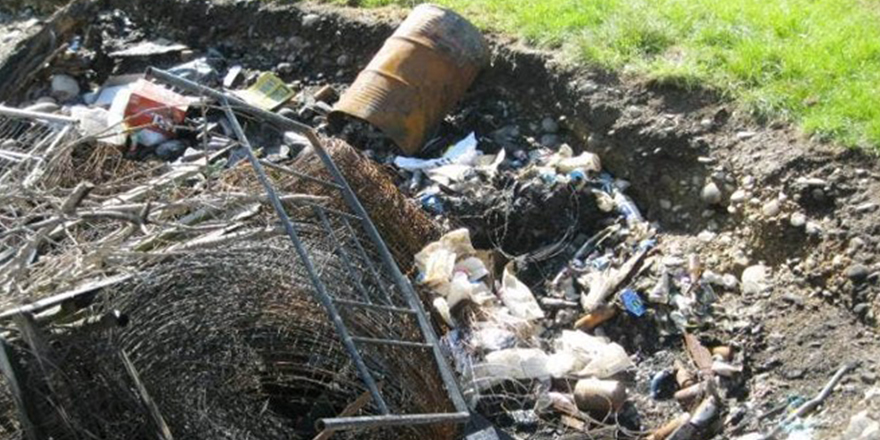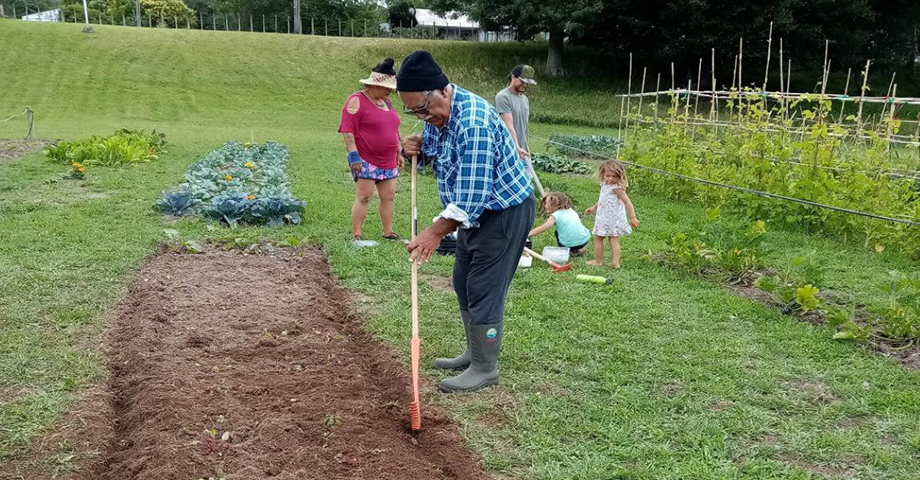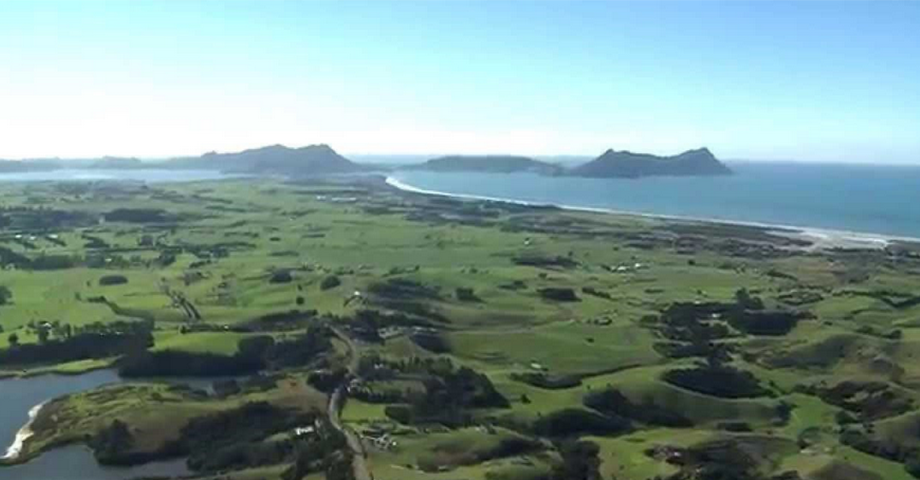
Executive Summary
The Food and Fibre sector in New Zealand can be a great place to work. However, Gen Z (those born between 1995 and 2010) does not always see the opportunities available to them in this diverse and rewarding sector. At the same time, the sector needs more people, partly due to the pace of change it is facing as environmental concerns, consumer attitudes and needs of the sector evolve.
The influence of Gen Z on the workforce is only beginning and will continue to grow. This generation is very different to those before and define themselves by their values and identity. The defining issue of this generation will be climate change and the environment. In New Zealand, agriculture is the largest emitter of greenhouse gases. This could be viewed as a problem to attracting Gen Z into the sector. At the same time the sector is being asked and is actively looking to understand how it can improve its environmental impact.
This research has focused on how we can use Gen Z’s passion about the environment to attract them into the sector. The sector needs skilled and passionate people to meet the challenges it faces.
My research and survey have highlighted some key areas in which the current system could be strengthened. This involves aligning Food and Fibre sector careers with the values of Gen Z through:
- Strengthened sector approach to career attraction in the Food and Fibre Sector in a Gen Z context
- Reframing the story around the Food and Fibre sector to appeal to Gen Z values
- Gen Z focused communication strategies.
These recommendations recognise that appealing to Gen Z is not only important in terms of attracting the labour required but also the attitudes and values needed in the Food and Fibre sector going forward. Gen Z have more choices than ever before for their future careers. The Food and Fibre sector needs to come to Gen Z to build the capability the sector will need in the short and long term.
Download and read the full report here




